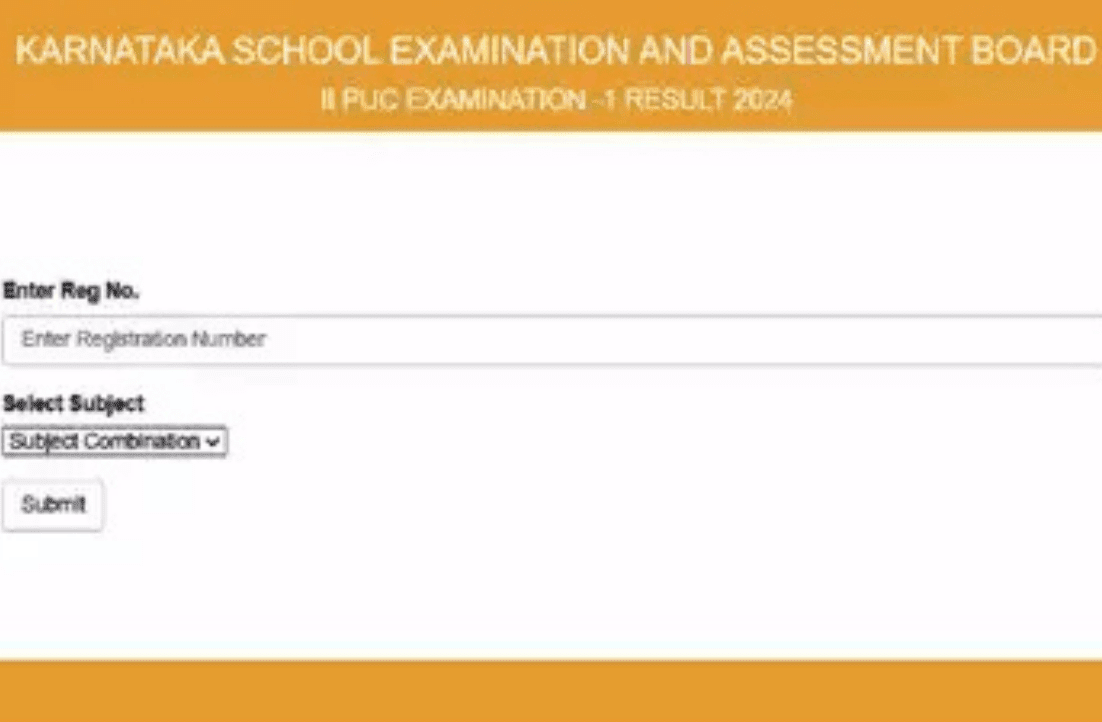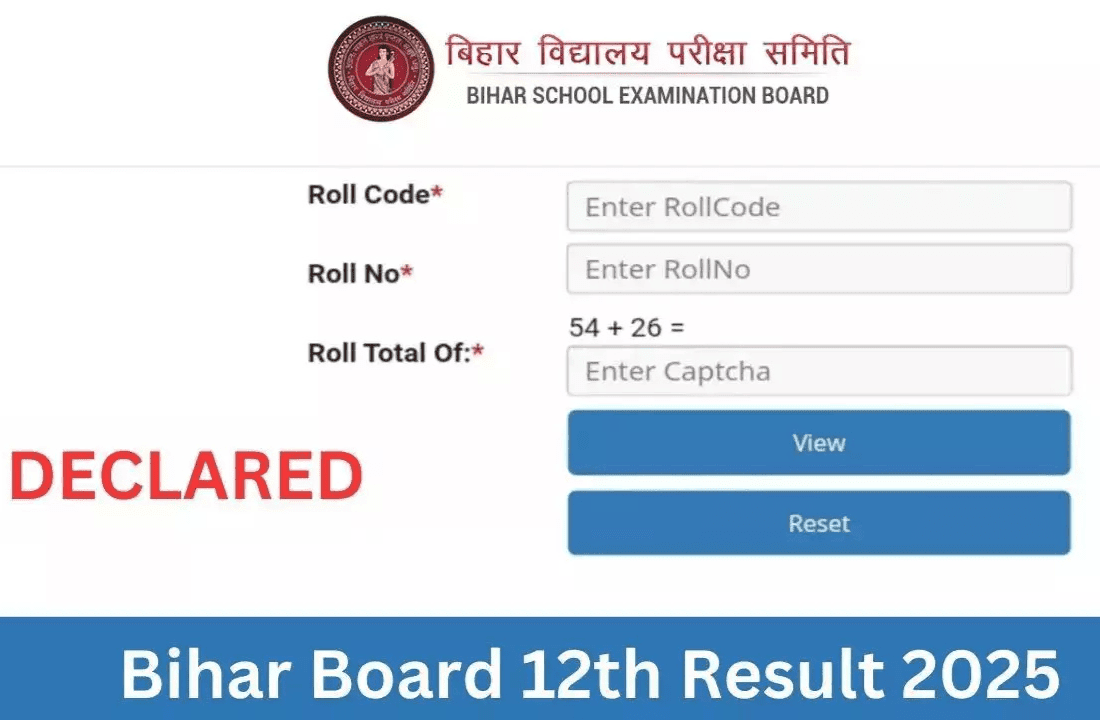What is Education?
Education is a profound and dynamic process that transcends mere acquisition of knowledge. It encompasses a complex blend of experiences, formal instruction, and personal growth. At its essence, education serves not only as a means of intellectual enrichment but also as a catalyst for social development, critical thinking, and the fostering of responsible citizenship. In a world that is constantly evolving, understanding the multifaceted principles of education is essential to grasp its profound impact on individuals and society at large.
Defining Education

Education can be defined as a systematic process aimed at imparting knowledge, values, and skills to individuals, preparing them for a productive life in society. It occurs through various methods, including formal schooling, informal learning experiences, and non-formal educational programs. The ultimate goal of education is to mold well-rounded individuals who can think critically, make informed decisions, and contribute positively to their communities.
At its core, education is about personal development. It encourages individuals to discover their interests, develop their skills, and cultivate their values. Education also promotes social cohesion and cultural continuity by transmitting knowledge across generations, ensuring that societies can evolve while maintaining their fundamental values.
The Purposes of Education
Education serves multiple purposes, each contributing to the overall development of individuals and society.
- Intellectual Development: The most apparent purpose of education is to facilitate intellectual growth. Through exposure to various subjects, students learn to think critically, analyze information, and engage in problem-solving. Education encourages curiosity and a love of learning that can last a lifetime.
- Skill Development: Modern education systems emphasize the importance of developing practical skills. This includes vocational training, which prepares individuals for specific careers, as well as soft skills like communication, teamwork, and adaptability. These skills are essential in today’s ever-changing job market.
- Socialization: Education plays a critical role in socializing individuals. Schools are often a child’s first exposure to a structured social environment, where they learn to interact with peers and authority figures. This socialization process helps instill values, norms, and social responsibilities.
- Civic Engagement: An educated populace is crucial for the functioning of a democracy. Education fosters informed citizens who can participate in political processes, understand civic rights, and contribute to community development. It promotes awareness of social issues and encourages active participation in civic life.
- Cultural Transmission: Education is a key mechanism for the transmission of culture. It allows societies to pass down traditions, histories, and values to future generations. Through education, individuals learn about their cultural heritage and develop a sense of identity and belonging.
Types of Education
Education can be broadly categorized into three types: formal, non-formal, and informal education.
- Formal Education: This is the structured form of education that typically occurs in schools and educational institutions. It follows a specific curriculum and is organized into distinct levels: primary, secondary, and higher education. Formal education culminates in degrees and certifications recognized by society.
- Non-Formal Education: This type encompasses organized learning activities that occur outside the formal education system. Examples include adult education programs, workshops, and community education initiatives. Non-formal education often targets specific skills or knowledge areas and offers more flexibility in terms of time and structure.
- Informal Education: This is the spontaneous and unstructured form of learning that takes place daily. It occurs through life experiences, interactions, and social engagements. While not officially recognized, informal education plays a vital role in personal development and lifelong learning.
The Role of Educators
Educators are at the heart of the educational process. They facilitate learning, guide exploration, and inspire growth. The role of an educator extends beyond imparting knowledge; it involves nurturing curiosity, fostering critical thinking, and creating a supportive environment where students feel safe to express their thoughts and ideas.
Effective educators recognize the diversity within the classroom and adapt their teaching styles to accommodate various learning needs. They employ a range of instructional methods, including collaborative learning, technology integration, and experiential learning, to engage students and enhance retention.
Moreover, educators serve as role models, influencing students’ personal and moral development. By embodying values such as respect, integrity, and responsibility, they instill these principles in their students, preparing them for life beyond the classroom.
Challenges in Education
Despite its importance, education faces numerous challenges that hinder its effectiveness and accessibility.
- Access and Equity: One of the most pressing issues is the disparity in access to quality education. Socioeconomic status, geographic location, and systemic inequalities often determine the educational opportunities available to individuals. Marginalized communities frequently lack access to adequate schools, trained teachers, and essential resources.
- Standardization and Rigor: While standardized testing aims to measure educational outcomes, it can also lead to a narrow focus on rote learning rather than fostering creativity and critical thinking. Educators may feel pressured to “teach to the test,” sidelining innovative teaching methods and holistic development.
- Technological Integration: The rapid advancement of technology presents both opportunities and challenges. While digital tools can enhance learning, there’s often a lack of training and resources for educators to effectively integrate technology into their teaching. Moreover, the digital divide exacerbates inequalities, leaving some students without access to online learning.
- Mental Health: The increasing emphasis on academic achievement has led to heightened stress and mental health issues among students. Educators must address the social-emotional needs of their students and create a balanced approach to achievement and well-being.
The Future of Education
As we look toward the future, several trends are shaping the landscape of education.
- Personalized Learning: The shift toward personalized learning recognizes the individual needs and learning styles of students. Technology enables tailored educational experiences, allowing students to progress at their own pace and engage with material that resonates with them.
- Lifelong Learning: The concept of lifelong learning is gaining traction as individuals must continually update their skills in an evolving job market. Education is no longer confined to childhood; it is a lifelong journey that requires ongoing development and adaptation.
- Global Education: With the rise of globalization, education systems are increasingly emphasizing global citizenship and intercultural understanding. Collaborative projects, international partnerships, and cross-cultural education are fostering a sense of global responsibility among students.
- Integration of Technology: As technology continues to influence education, we see innovative tools enhancing learning environments. Virtual and augmented reality, adaptive learning platforms, and online collaboration tools are transforming the way students learn and interact.
Conclusion
In conclusion, education is an essential pillar of personal and societal development. It is a dynamic process that extends beyond textbooks and classrooms, shaping individuals into informed, responsible, and engaged citizens. As challenges persist and the landscape of education evolves, it is imperative to prioritize inclusivity, creativity, and adaptability within educational systems. By fostering a culture of lifelong learning and embracing innovation, we can ensure that education remains a powerful force for positive change in the world. The future of education lies in our ability to recognize the diverse needs of learners and cultivate an environment that empowers them to thrive in an increasingly complex and interconnected world.
















Leave a Reply